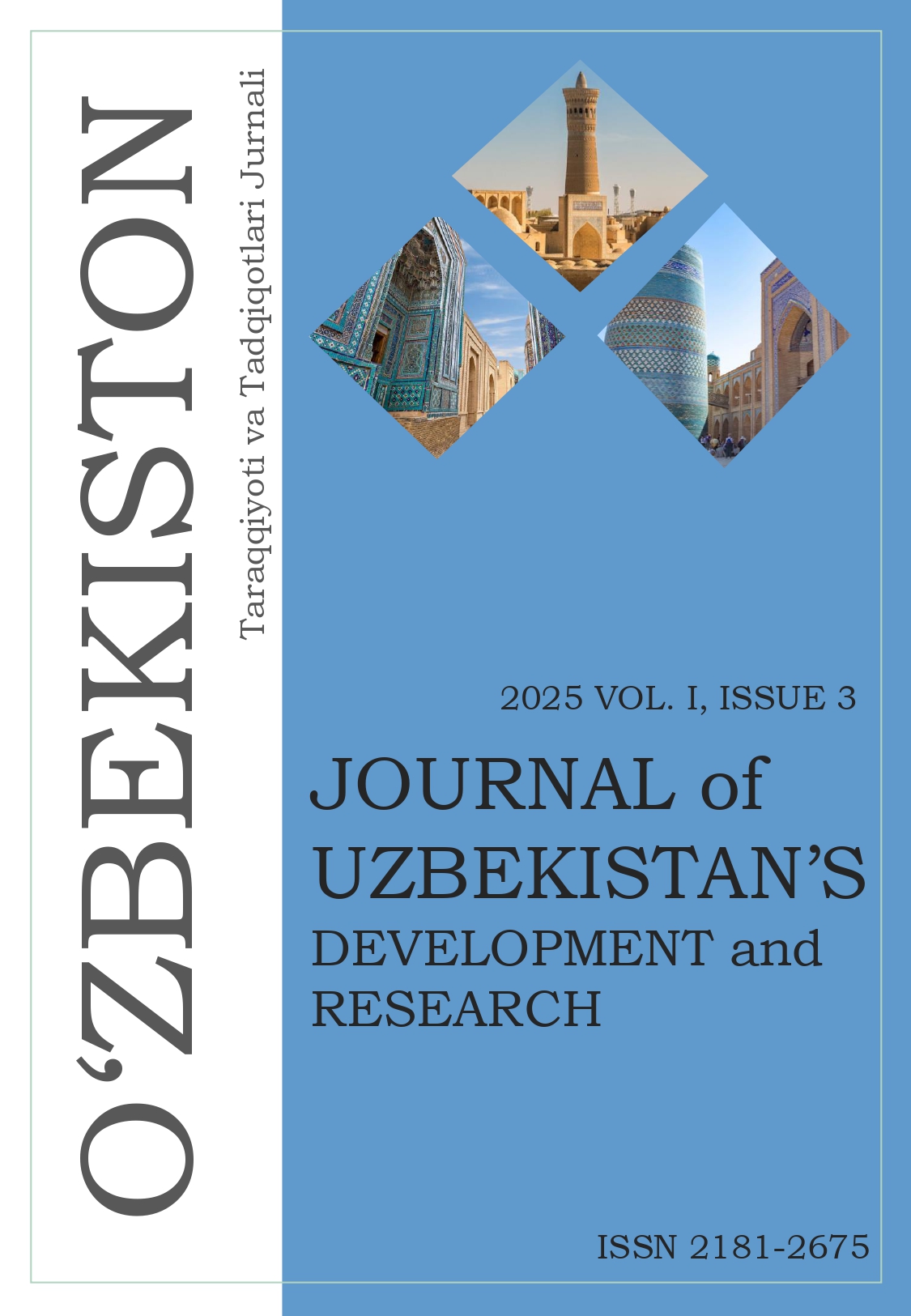THE LINGUISTIC FUNCTIONS AND CONTEXTUAL USAGE OF EMOTIVE PHRASES IN MODERN ENGLISH
Keywords:
Emotive phrases, pragmatics, discourse, emotional expression, language function, subjectivity, modern English.Abstract
This research investigates the nature, classification, and communicative functions of emotive phrases in modern English. Emotive phrases—linguistic units that express emotional attitudes or states—play a vital role in both spoken and written discourse. The study explores how these phrases operate across various contexts, including personal communication, media, and literature. Employing a mixed qualitative-quantitative methodology, data were gathered from corpora, social media, and conversational transcripts. The analysis reveals that emotive phrases not only convey affective meaning but also serve pragmatic, rhetorical, and interpersonal functions. The study contributes to a deeper understanding of language's expressive power and offers implications for discourse analysis, language teaching, and cross-cultural communication.
References
1. Crystal, D. (2008). A dictionary of linguistics and phonetics (6th ed.). Wiley-Blackwell.
2. Fraser, B. (1999). What are discourse markers? Journal of Pragmatics, 31(7), 931–952. https://doi.org/10.1016/S0378-2166(98)00101-5
3. Holmes, J. (2013). An introduction to sociolinguistics (4th ed.). Routledge.
4. Martin, J. R., & White, P. R. R. (2005). The language of evaluation: Appraisal in English. Palgrave Macmillan.
5. Munday, J. (2016). Introducing translation studies: Theories and applications (4th ed.). Routledge.
6. Wierzbicka, A. (1999). Emotions across languages and cultures: Diversity and universals. Cambridge University Press.
7. Yule, G. (2020). The study of language (7th ed.). Cambridge University Press.
Published
Issue
Section
License
Copyright (c) 2025 Hamraqulova Shoxista (Author)

This work is licensed under a Creative Commons Attribution-NonCommercial-NoDerivatives 4.0 International License.
All Rights Reserved.





